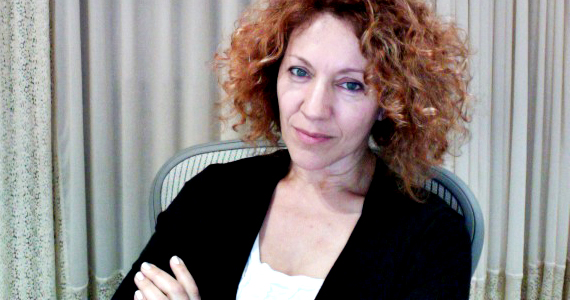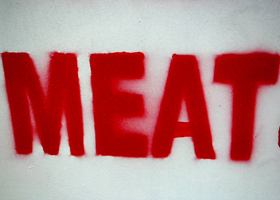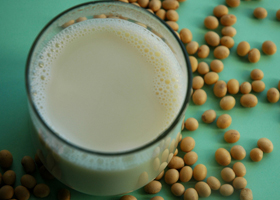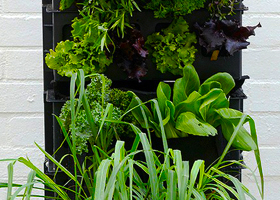

I am a newspaper journalist and academic who alternates between writing longer sentences with a raft of references – and short, pithy attention-grabbing posts!
My academic work is through the University of Technology Sydney’s Institute for Sustainable Futures where I am a post-graduate researcher. My focus, through my PhD research, is on sustainable diet strategies and how the media can effectively inform and engage people. Traditional print and social media have different roles here.
My background as newspaper editor and feature writer with The Australian, The Sun-Herald and The Sydney Morning Herald and Channel Nine television producer and researcher (and Masters degree in interactive multi-media) has made me keenly aware of what makes ideas ‘news’ in terms of values and angles.
I have also been regularly published on environmental matters in leading Australian newspapers and magazines.

Having delved into the academic literature on food sustainability, I am keenly aware of looming water and mineral nutrient shortages (such as phosphorous) on the horizon. This is why we need to consume more foods that require less water and phosphorous (for example) in their production – such as meat. And why trends such as growing your own food make so much sense as they cut down on food miles and, hopefully, chemicals. The hope is that local initiatives are translating into larger movements where we can show the policy-makers there is food for thought!

That we continue to embrace our wonderful heritage of being adventurous and experiment with increasingly sustainable food choices. We are waking up to the fact that food that you have grown yourself (or something that has not spent weeks or months in a packet or in a refrigerator) tastes like it’s food! Also, that food traditions such as Chinese, Thai, Italian, Vietnamese and our own Indigenous culture, have it all over our ‘slab of meat and veggie garnish’ Western tradition. Spend a week in Sicily or Thailand and you’ll be converted!

Being a proud flexitarian among a flotilla of cynics! (Although I am converting them through covert delicious plant-based meals.) Also, having just curated an “Edible Walls” exhibition at The Powerhouse Museum, I am wholeheartedly embracing growing more herbs and veggies at home.

Crusty warm sour bread, some fetta cheese and olive oil, tomato and avocado with a good coffee on the side would go down well! But why stop there? Hopefully someone would share ‘just one slice’ of carrot cake too!

Engaging with web communities such as Meat Free Mondays Australia can inspire and inform. Also, being aware that it’s one thing learning about the impacts of food production, it’s another thing having an impact with your food decisions and practices. ‘Doing’ in the physical space matters. We need to translate our social digital communities into concrete actions. Joining a community garden group is a great example of positive social, environmental and eating opportunities!

Why aren't we talking about meat and climate change?
Why aren't we talking about meat and climate change?
Author | Judith Friedlander, University of Technology, Sydney
Reducing your carbon footprint by eating less red meat rarely gets attention. This strategy has been recommended by the UN’s Food and A...
Read more

What's the footprint of milk?
Soy versus dairy: what's the footprint of milk?
Author | Judith Friedlander, University of Technology, Sydney
Are soy milk’s environmental attributes based on substance or froth? Is soy a sustainable solution in the dairy debate?
Comparative envir...
Read more

Vertical Vegies Are The New Green
Vertical Vegies Are The New Green
Author | Wendy Frew, UTS
They're called edible walls: small and otherwise difficult-to-use outdoor spaces that are being turned into mini vertical fruit and vegetable gardens.
In land-scarce Singapore, a private en...
Read more


